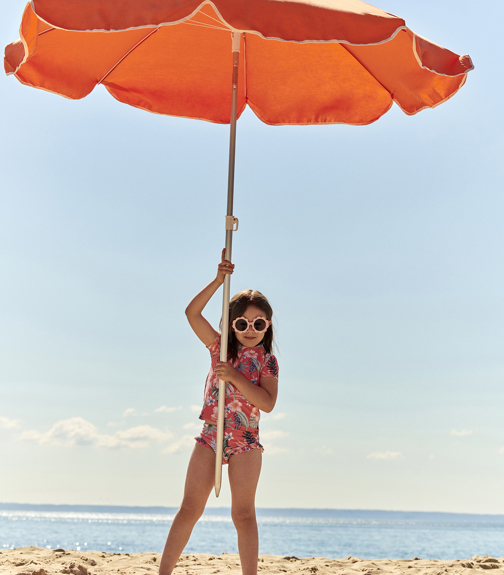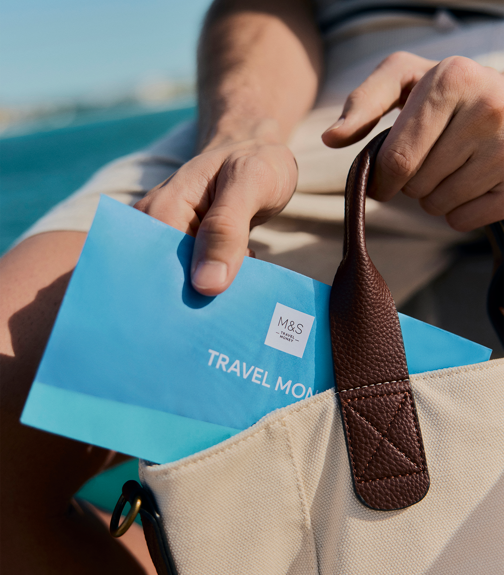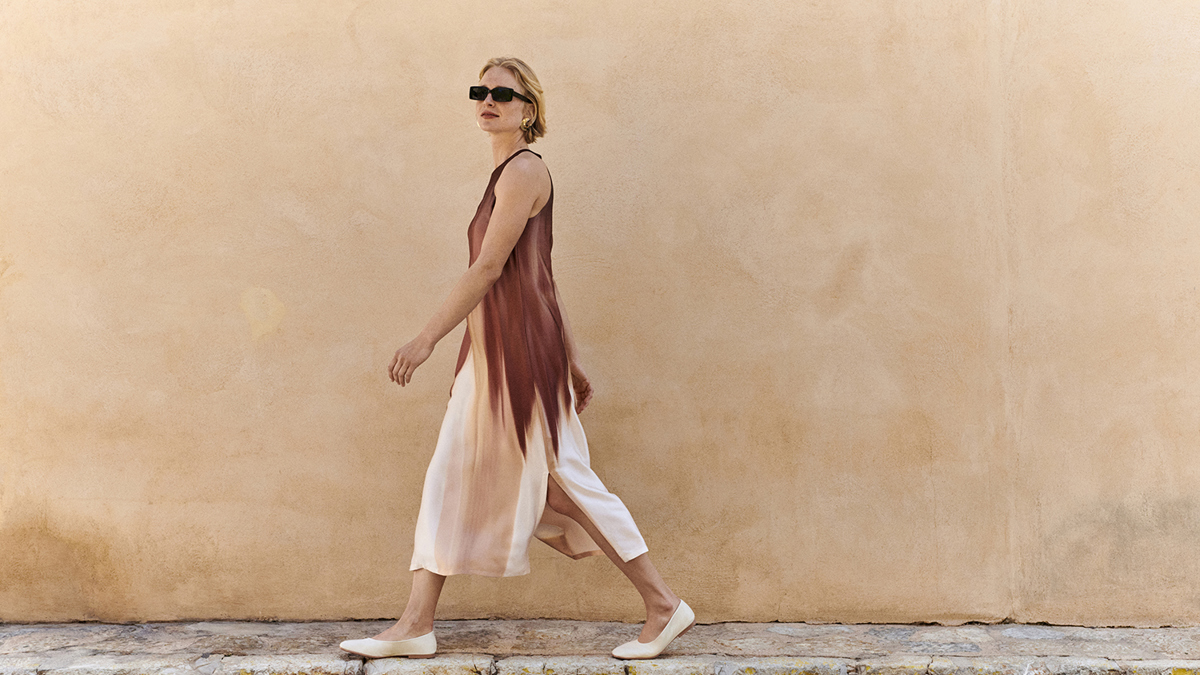How to buy New Zealand Dollars
-
Buy New Zealand Dollar Online
Buy New Zealand Dollar online with Click & Collect at over 580 M&S stores. Use our Pounds to New Zealand Dollar (GBP to NZD) currency calculator to work out how many New Zealand Dollar you want. Pick your collection date and collect from your chosen M&S store.
Click & Collect New Zealand Dollar (NZD) in as little as 60 seconds.*
*Subject to availability
-
Buy New Zealand Dollars In-store
Buy New Zealand Dollars in your local participating M&S store.* With over 90 Travel Money Bureaux nationwide - many open seven days a week. - you can buy New Zealand Dollars at a time that suits you.
*In-store rates may differ from online rates.

Why buy New Zealand Dollars from M&S Travel Money
There are so many reasons to choose M&S Travel Money to buy New Zealand Dollar:
- Our New Zealand Dollar rate has no hidden fees & zero commission
- Click & Collect New Zealand Dollar the same day*
- Stores open 7 days a week**
- Get more with Sparks Preferential Rates
**store opening hours vary

What you need to know about the New Zealand Dollar currency
The New Zealand Dollar is the official currency of New Zealand. Its currency code is NZD and its symbol is $.
The New Zealand Dollar is made up of 100 cents.
Coins include:
10c, 20c, 50c, $1 , $2
Banknotes include:
5 NZD, 10 NZD, 20 NZD, 50 NZD, 100 NZD
You can buy New Zealand Dollars online using our Click & Collect service, or by visiting us in a participating store.
^^Please note not all denominations are available to exchange.

Guide to New Zealand
Made up of two islands, North and South, New Zealand offers jaw-dropping scenery, vast mountains, pristine beaches and buzzing cities like Wellington, Auckland and Christchurch. The country is only slightly larger than the UK but has a population of only 4.5 million, so there's plenty of space for everyone to enjoy its attractions.
Home of Maori culture, New Zealand is also the land of the haka - a traditional ceremonial war dance. It's now performed by the All Blacks rugby team before matches as a show of strength, pride and unity.
New Zealand is also a centre for adventure sports, where outdoors enthusiasts are spoilt for choice with everything from snowboarding glacial peaks to kayaking fjords.
Frequently asked questions
Card payments are accepted in most developed areas of New Zealand, but you shouldn’t rely on cards alone. Not only are much of New Zealand’s attractions in remote areas, where card connectivity isn’t always reliable, but foreign card transactions usually mean unfavourable exchange rates plus fees and charges. By travelling with cash in New Zealand Dolars, you’ll always have a way to pay.
In New Zealand, you can only spend New Zealand Dollars.
British passport holders don't need a visa to visit New Zealand and you can visit for up to 6 months as a tourist. You will however need to get a New Zealand Electronic Travel Authority (NZeTA), which you can do online through the New Zealand Immigration website.
You should always research the most up to date visa guidelines before planning a trip.
Tips are not expected in New Zealand, but tips of around 10% are an appreciated gesture.
English and Te Reo Māori are the most widely spoken languages in New Zealand, but you may also hear Samoan, Mandarin, Hidi and other languages on your visit.
New Zealand is usually considered a safe country to visit, but you should always check online with the Foreign, Commonwealth & Development Office (FCDO)before you travel in case of new alerts.
Because of New Zealand’s Southern Hemisphere location, the seasons are the reverse of what Brits are used to, with midsummer falling in December. The best time of year to visit New Zealand depends on whether you're after sunny hiking and water sports weather, or instead fancy weather for snowy winter pursuits like skiing or snowboarding.
Temperatures in the summer tend to peak at around 25 degrees, with chillier months between June and September bringing snow to the South Island. If you want to avoid the crowds of the high season, November and March have mostly mild temperatures and are slightly quieter.
Yes, it's best to exchange your British Pounds for New Zealand Dollars before your trip, as doing so at the airport could result in unfavourable rates.
No, you can't use New Zealand Dollars in Australia.
You can use the New Zealand Dollar in New Zealand and its overseas territories, including:
- Cook Islands
- Niue
- Tokelau
- Ross Dependency
- The Pitcairn Islands
Other popular currencies
If you are planning a future holiday or a trip that takes in multiple destinations, these other currencies may be useful:


